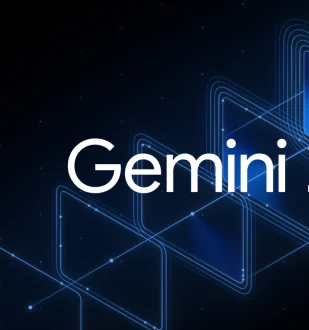
Starting this Friday, Google’s Ultra-tier subscribers (those dropping a cool $250 per month) will get first access to this upgraded model through the Gemini app. And trust us, it’s not just another AI tool—it’s Google’s most advanced multi-agent reasoning system yet.
Here’s what makes it special: Unlike typical AI models that process prompts in a straight line, Gemini 2.5 Deep Think sends multiple AI “agents” to work on your question at once—each bringing their own perspective, logic, and insights. After gathering their individual answers, the system filters through them to decide on the most accurate and insightful response. Think of it like a panel of brilliant minds, debating before arriving at the best solution.
Google says this new model helped it score a gold medal at the 2025 International Math Olympiad. That same Olympiad-level model? It’s now being handed off to a select group of mathematicians and academics for research use. Unlike the instant responses we’re used to, this model takes hours to think—literally—making it ideal for complex, academic-level problem solving.
It doesn’t stop there. Gemini 2.5 Deep Think scored 34.8% on Humanity’s Last Exam (HLE)—an incredibly tough benchmark that evaluates AI across math, science, and the humanities. That’s higher than xAI’s Grok 4 and OpenAI’s o3 models. On LiveCodeBench6, which tests coding smarts, it also beat out the competition.
This model can also run code, perform Google Searches, and whip up long, detailed responses, particularly in web development tasks—making it a possible game-changer for devs and researchers alike.
Google says this is just the beginning. It’s planning to open Gemini 2.5 Deep Think up to developers via its API soon to better understand how real people want to use it.
But here’s the catch: multi-agent models like this are resource-heavy, which is probably why they’re currently tucked behind premium paywalls—same move xAI is making with Grok 4 Heavy.
Still, Gemini 2.5 Deep Think isn’t just smarter—it’s thinking bigger. And from what we can tell, the future of AI might just belong to teams of minds, not solo bots.






